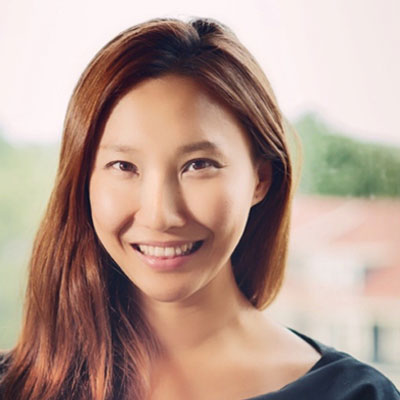Everything but the Bomb | 2023 | Events

Abstract:
Despite the growing concern for South Korea’s nuclear armament due to its deteriorating security environment, Seoul is pursuing “nuclear hedging”—the option to build nuclear weapons in short order—instead of nuclear armament, due to the latter’s prohibitive costs. Given its sophisticated nuclear technology, expertise and know-how acquired through its civilian nuclear program, and advanced dual-capable delivery systems that can carry both conventional and nuclear weapons, South Korea can build a workable nuclear arsenal relatively quickly. The only thing that is missing for its nuclear hedging strategy is the ability to produce nuclear fissile materials through enrichment or reprocessing. In order to acquire such capability, South Korea has been pursuing through both civilian and military routes. Some argue that South Korea’s advanced conventional weapons could alone deter North Korea’s nuclear threats. However, Seoul will never be sure whether its conventional capabilities would inflict sufficient harm on North Korea, or more importantly, if Pyongyang would believe so. Thus, Seoul will continue to leave the nuclear option open.
Bio:
Lami Kim is Professor of Security Studies at the Daniel K. Inouye Asia-Pacific Center for Security Studies under the U.S. Department of Defense. She is also a member of the Mid-career Nuclear Cadre at the Center for Strategic and International Studies, a Nonresident Scholar at the Elliott School of International Affairs at George Washington University, and an Adjunct Fellow at Pacific Forum. Until recently, she served as Associate Professor and Director of the Asian Studies Program at the U.S. Army War College. Her research focuses on the intersection between international security and technologies, including nuclear and emerging technologies, and security issues in East Asia.
